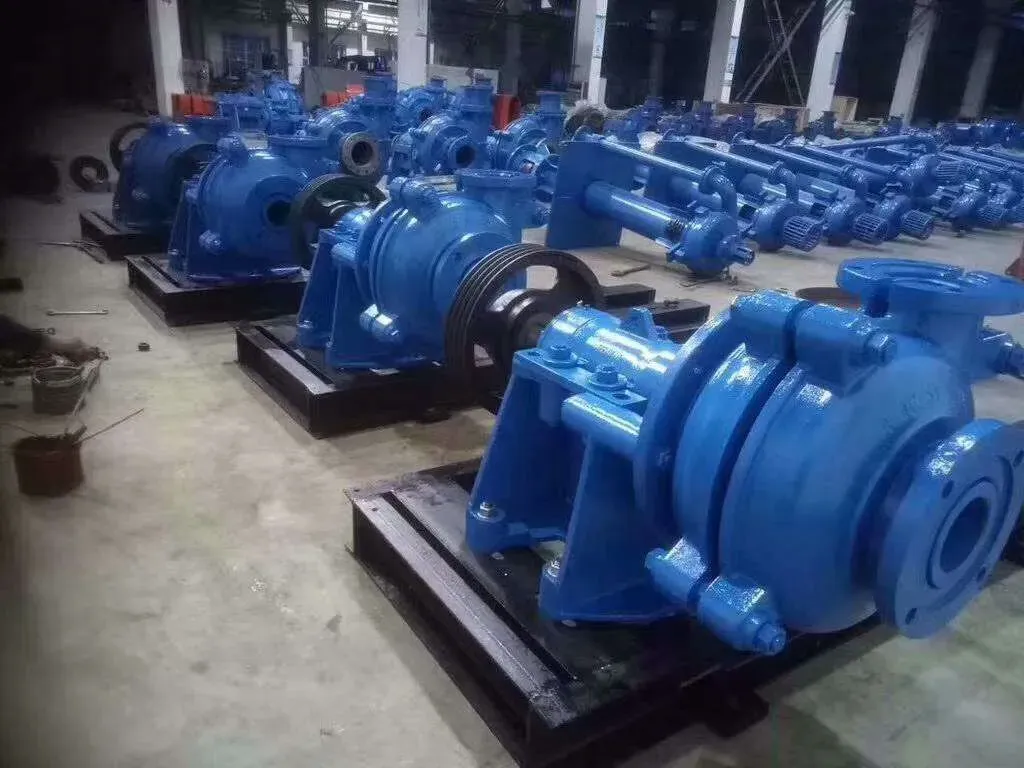Scottish Gaelic
- Afrikaans
- Albanian
- Amharic
- Arabic
- Armenian
- Azerbaijani
- Basque
- Belarusian
- Bengali
- Bosnian
- Bulgarian
- Catalan
- Cebuano
- Corsican
- Croatian
- Czech
- Danish
- Dutch
- English
- Esperanto
- Estonian
- Finnish
- French
- Frisian
- Galician
- Georgian
- German
- Greek
- Gujarati
- Haitian Creole
- hausa
- hawaiian
- Hebrew
- Hindi
- Miao
- Hungarian
- Icelandic
- igbo
- Indonesian
- irish
- Italian
- Japanese
- Javanese
- Kannada
- kazakh
- Khmer
- Rwandese
- Korean
- Kurdish
- Kyrgyz
- Lao
- Latin
- Latvian
- Lithuanian
- Luxembourgish
- Macedonian
- Malgashi
- Malay
- Malayalam
- Maltese
- Maori
- Marathi
- Mongolian
- Myanmar
- Nepali
- Norwegian
- Norwegian
- Occitan
- Pashto
- Persian
- Polish
- Portuguese
- Punjabi
- Romanian
- Russian
- Samoan
- Scottish Gaelic
- Serbian
- Sesotho
- Shona
- Sindhi
- Sinhala
- Slovak
- Slovenian
- Somali
- Spanish
- Sundanese
- Swahili
- Swedish
- Tagalog
- Tajik
- Tamil
- Tatar
- Telugu
- Thai
- Turkish
- Turkmen
- Ukrainian
- Urdu
- Uighur
- Uzbek
- Vietnamese
- Welsh
- Bantu
- Yiddish
- Yoruba
- Zulu
Telephone: +86 13120555503
Email: frank@cypump.com
Iuch . 28, 2024 05:21 Back to list
Efficient Solutions for Maintaining and Cleaning Your Cesspool Pump System Regularly
Understanding Cesspool Pumps Essential for Waste Management
Cesspool pumps play a pivotal role in waste management systems, particularly in areas where traditional sewage systems are inadequate or non-existent. These pumps are designed to remove waste from cesspools, which are underground pits that collect liquid waste and sewage. Understanding how cesspool pumps work and their importance can help you appreciate their role in maintaining sanitation and environmental safety.
What is a Cesspool?
A cesspool is a type of underground container that holds human waste and sewage. Unlike septic tanks, cesspools do not treat the waste; they simply store it until it can be properly disposed of. Over time, cesspools can fill up with waste, leading to potential hazards, such as unpleasant odors and groundwater contamination. This is where cesspool pumps come into play, as they are crucial for maintaining the functionality and safety of these waste-collection systems.
How Cesspool Pumps Work
Cesspool pumps are typically submersible pumps designed to operate while submerged in the waste. They work by creating a vacuum to draw waste from the cesspool into a tank or sewage line for proper disposal. These pumps can handle solid waste, making them essential for pumping out unprocessed sewage. Most cesspool pumps use a centrifugal system where an impeller moves the waste and water mixture through the pump, ultimately directing it towards a treatment facility or transport vehicle.
Importance of Cesspool Pumps
1. Preventing Flooding and Backups Regular removal of waste from cesspools is crucial to prevent overflow or flooding. If a cesspool becomes too full, it can lead to sewage backups, which pose significant health risks and can damage properties.
2. Protecting Public Health Proper waste management is vital for public health. Cesspool pumps ensure that waste is promptly removed, minimizing the risk of contaminating the surrounding soil and groundwater. This helps prevent the spread of diseases linked to unsanitary conditions.
3. Environmental Safety Cesspools gone untreated can leach harmful substances into the ground, polluting local water sources. Effective cesspool pumps mitigate this risk by ensuring that waste is removed and properly treated.
cesspool pump

4. Cost-Effectiveness Investing in regular cesspool pumping services can save property owners money in the long run. By preventing clogs and overflows, cesspool pumps reduce the likelihood of emergency plumbing services, damage repair costs, and fines associated with health violations.
Choosing the Right Cesspool Pump
When selecting a cesspool pump, several factors need to be considered
- Pump Capacity It’s essential to choose a pump with adequate capacity to handle the volume of waste generated.
- Durability Given the harsh conditions cesspool pumps operate under, selecting a durable pump made with high-quality materials is crucial.
- Maintenance Requirements Some pumps require more maintenance than others. Understanding these needs can help you make an informed decision.
- Professional Assistance Hiring a professional or expert service for installation and maintenance can make a significant difference in the longevity and effectiveness of a cesspool pump.
Conclusion
Cesspool pumps are an essential component of waste management systems, particularly in areas without access to standard sewer lines. By effectively removing waste and preventing overflow, they protect public health and the environment while ensuring the sustainability of waste management practices. In understanding their function and importance, we can better appreciate the technology and maintenance necessary to keep our communities safe and clean. Regular servicing and the right equipment make cesspool management both efficient and effective, safeguarding our health and our planet.
-
ISG Series Vertical Pipeline Pump - Chi Yuan Pumps Co., LTD.|High Efficiency, Energy Saving, Low Noise
NewsJul.30,2025
-
ISG Series Vertical Pipeline Pump- Chi Yuan Pumps|High Efficiency&Low Noise
NewsJul.30,2025
-
ISG Series Vertical Pipeline Pump-Chi Yuan Pumps Co., LTD.|High Efficiency&Energy Conservation
NewsJul.30,2025
-
ISG Series Vertical Pipeline Pump - Chi Yuan Pumps Co., LTD.|Advanced Hydraulic Design&Energy-Efficient Solutions
NewsJul.30,2025
-
ISG Series Vertical Pipeline Pump - Chi Yuan Pumps Co., LTD.
NewsJul.30,2025
-
ISG Series Vertical Pipeline Pump - Chi Yuan Pumps Co., LTD.|energy-efficient fluid handling&industrial durability
NewsJul.30,2025










